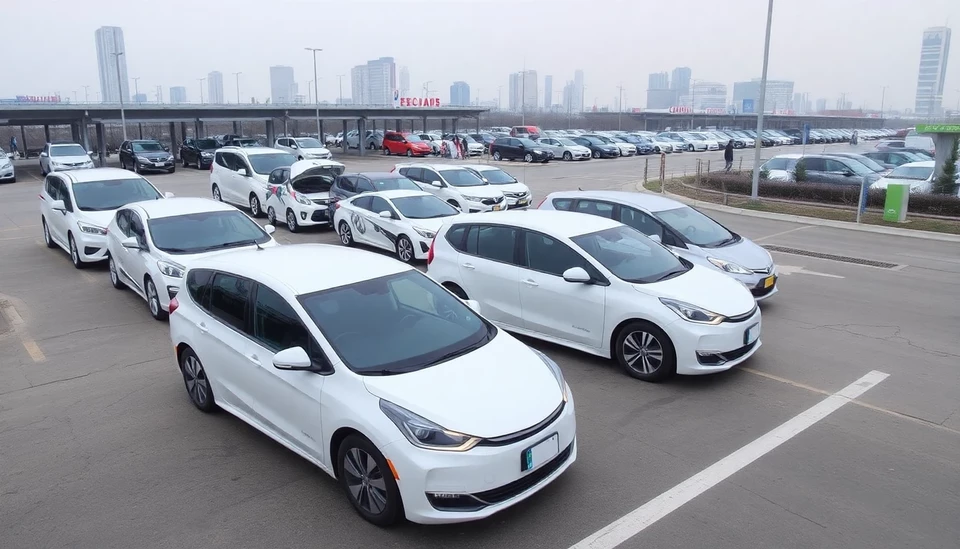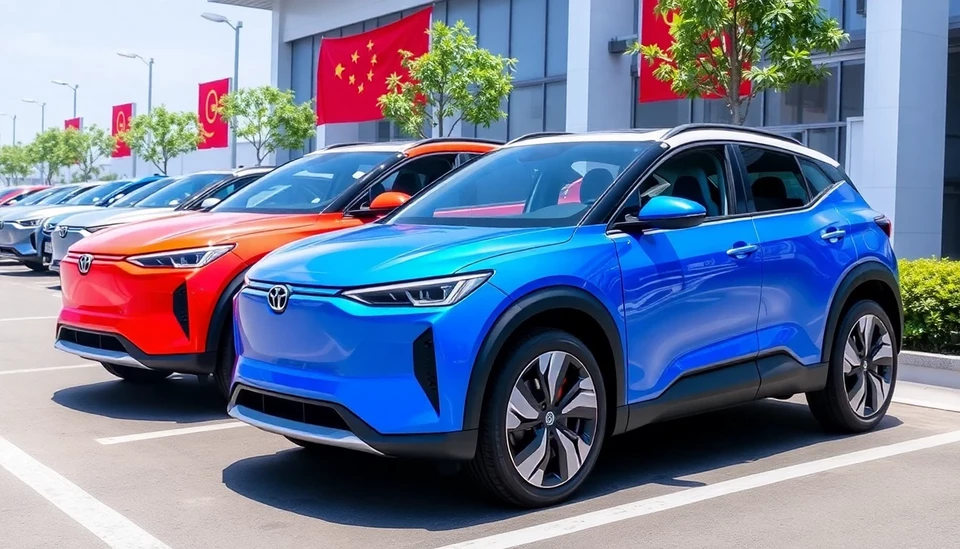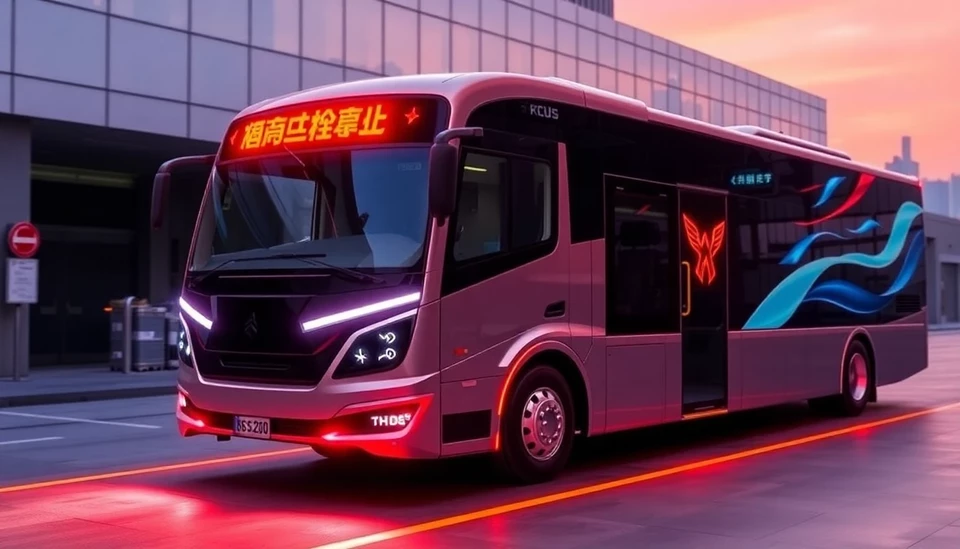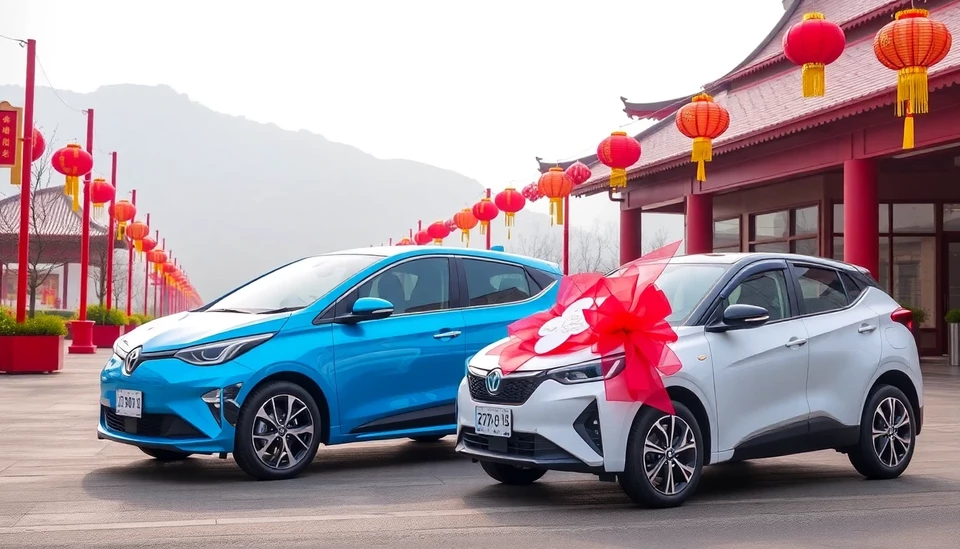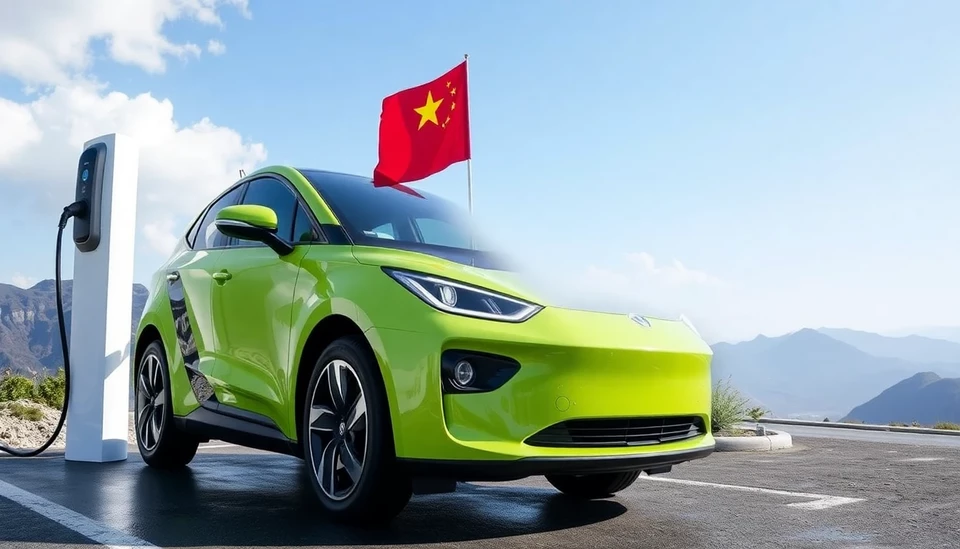
In a surprising turn of events, China's aggressive push to establish a stronger foothold in the European electric vehicle (EV) market has seen considerable setbacks. The initial promising prospects have been undermined by a combination of punitive tariffs and a slowdown in demand for electric vehicles.
Industry analysts had anticipated that Chinese manufacturers would rapidly scale up their presence in Europe, capitalizing on the continent's increasing fervor for electric vehicles. However, recent data indicates that the anticipated influx of Chinese EVs has not materialized as expected, with several companies reevaluating their strategies.
One of the pivotal reasons for this downturn is the implementation of tariffs that have significantly increased the cost of importing Chinese-made electric vehicles into Europe. This has made it increasingly challenging for companies to compete with entrenched European players, who benefit from domestic manufacturing and more favorable market conditions.
Moreover, the European market has encountered its own set of challenges, including diminishing consumer confidence and rising interest rates. These factors have resulted in a notable slowdown in overall EV sales, dampening the prospects for new entrants in the market. In light of this, several Chinese automakers have reportedly delayed or scaled back their planned investments in European operations.
Chinese companies initially aimed to leverage their existing technological advancements and lower production costs to gain market share. However, persistent supply chain disruptions and a shift in market dynamics have prompted a reassessment of these strategies. Executives from major Chinese manufacturers have publicly admitted to the complications stemming from increased tariffs and a more competitive landscape than initially imagined.
Looking ahead, the Chinese EV manufacturers will have to navigate a complex web of regulations and market preferences in Europe. Tailoring their offerings to align with European consumer taste and building solid local partnerships may be crucial for surviving the shifting tides.
As conditions continue to evolve, stakeholders in both China and Europe will be closely monitoring how these challenges shape the future of electric mobility in the region. The future may hinge on how well these manufacturers can adapt to the stringent requirements and preferences of European consumers while overcoming the barriers posed by international trade regulations.
The experience over the past year serves as a crucial lesson for global players in the auto industry, underscoring that a robust path to international expansion cannot be taken for granted. In an increasingly interconnected world, understanding regional market dynamics is imperative.
#ChinaEV #ElectricVehicles #EuropeanMarket #Tariffs #AutomotiveIndustry #InternationalTrade
Author: John Harris
